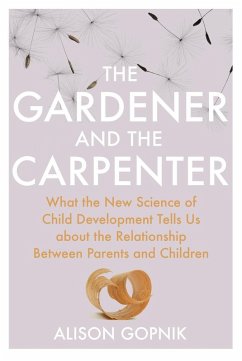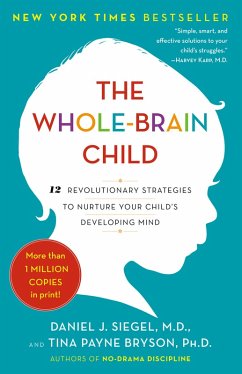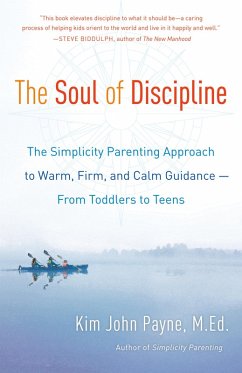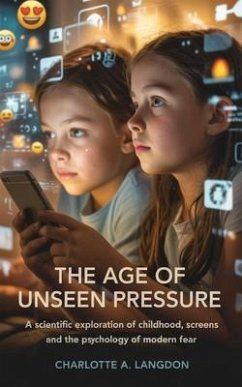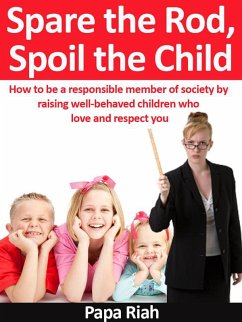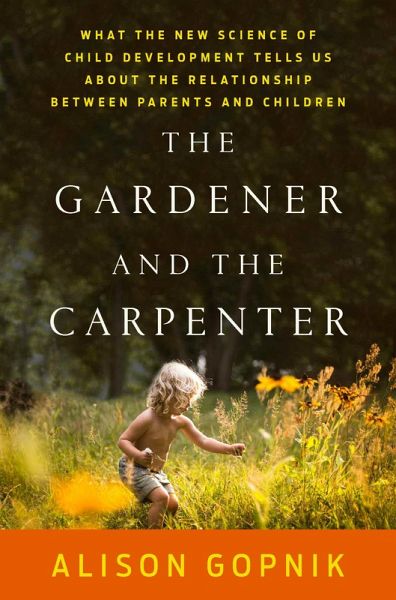
The Gardener and the Carpenter (eBook, ePUB)
What the New Science of Child Development Tells Us About the Relationship Between Parents and Children

PAYBACK Punkte
4 °P sammeln!
The Gardener and the Carpenter shatters the myth of "good parenting" and illuminates the paradoxes of parenthood from a scientific perspective.In the past thirty years, parenting has transformed into an obsessive, controlling, and goal-oriented labor intended to create a particular kind of child and adult. However, in The Gardener and the Carpenter, pioneering developmental psychologist and philosopher Alison Gopnik argues that this familiar twenty-first-century picture of parenting is profoundly wrong-and it's not just based on bad science, it's bad for kids and parents, too.Drawing on the st...
The Gardener and the Carpenter shatters the myth of "good parenting" and illuminates the paradoxes of parenthood from a scientific perspective.
In the past thirty years, parenting has transformed into an obsessive, controlling, and goal-oriented labor intended to create a particular kind of child and adult. However, in The Gardener and the Carpenter, pioneering developmental psychologist and philosopher Alison Gopnik argues that this familiar twenty-first-century picture of parenting is profoundly wrong-and it's not just based on bad science, it's bad for kids and parents, too.
Drawing on the study of human evolution and her own cutting-edge research into how children learn, Gopnik shows that although caring for children is profoundly important, it is not a matter of molding them to turn out a particular way. Children are designed to be messy and unpredictable, playful and imaginative-and to be very different both from their parents and from each other. This book illuminates the science behind child development and offers a fresh perspective on parenting in the modern age.
In the past thirty years, parenting has transformed into an obsessive, controlling, and goal-oriented labor intended to create a particular kind of child and adult. However, in The Gardener and the Carpenter, pioneering developmental psychologist and philosopher Alison Gopnik argues that this familiar twenty-first-century picture of parenting is profoundly wrong-and it's not just based on bad science, it's bad for kids and parents, too.
Drawing on the study of human evolution and her own cutting-edge research into how children learn, Gopnik shows that although caring for children is profoundly important, it is not a matter of molding them to turn out a particular way. Children are designed to be messy and unpredictable, playful and imaginative-and to be very different both from their parents and from each other. This book illuminates the science behind child development and offers a fresh perspective on parenting in the modern age.
Dieser Download kann aus rechtlichen Gründen nur mit Rechnungsadresse in D ausgeliefert werden.




